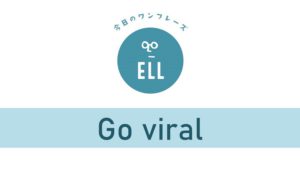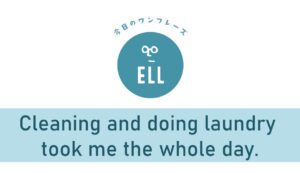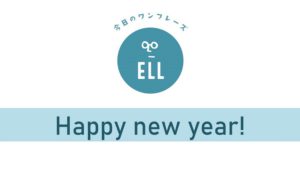
New Year’s resolutions can be notoriously difficult to maintain. Everyone feels reinvigorated and motivated to maintain their goals with furious drive and juvenile hope. However, come March or April, I think it is quite commonplace to see that most people have let their resolutions already begin to slip from their minds and become preoccupied with the trivial trials of everyday life.
I think in order to keep focused and move forward to achieve your goals, you must first think about how much you really want to achieve them and how important they are for you so you will be more likely to try your best and work hard at realizing them.
It can be difficult for people who are not used to constantly thinking about their progress on a daily basis, but it is essential. It is also important because when a person knows what they truly want, then there won't be any room for doubt or fear of failure which are all common emotions that can lead you down a path of self-sabotage.
For example, if a person is trying to lose weight but they aren't motivated enough or don't have time for it because of work commitments, then that person should not be focusing on losing weight at all. If someone wants something so badly that they are willing to put in the effort required but doesn't care too much what happens afterwards, maybe they would benefit from focusing on another goal related to their health instead. Perhaps they would have more success at educating themselves about dietary habits and creating a healthy balance of vitamins and nutrients during each meal. That way, they will still make progress towards their goal, but it will be within a realistic framework that is suited to their lifestyle. Disappointment is one of the key emotions that keep people from reaching their goals, so it is absolutely necessary to keep to a manageable amount of progress so that you can keep a positive attitude.
I think this is also really applicable to language learning as well. If you want to make progress in your language studies, speaking on a regular yet manageable basis will keep your brain exercising its English muscles and you won’t get bogged down by distractions or a lack of motivation.
This year I have decided to set out to improve my listening skills in my target language. Therefore, if I want to focus on listening, I need to find a way to integrate listening time into my schedule.
I want to focus on that goal for the next 12 months, so I think that at least one hour per day would be suitable for me, with having the flexibility for some days to be more intensive than others, depending upon how much studying needs to be done during those times.
Since I want to focus more time on that goal than anything else then I should not only use podcasts but also try taking classes with native speakers so that we can practice our conversational skills together while getting feedback from each other's mistakes.
Kailey
Vocabulary
notoriously (adv.) - in a way that is famous for something bad
reinvigorate (verb) – to give new energy or strength
self-sabotage (noun) - behaviors or thought patterns that hold you back and prevent you from doing what you want to do
integrate (verb) - to mix with and join something, often changing to suit their way of life, habits, and customs
英語学習をフルサポート!
マンツーマン&コーチングの英会話教室























